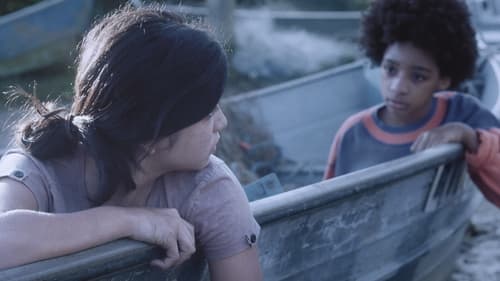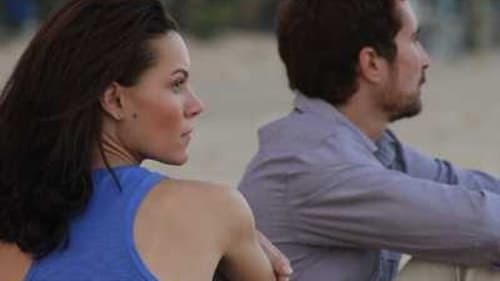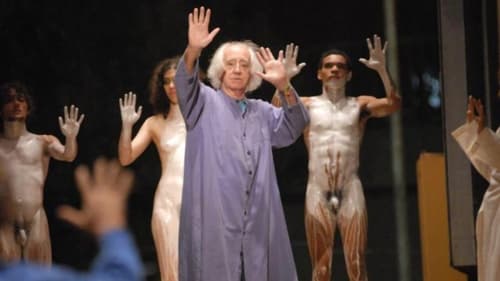
Micheline
A film from the skater world of São Paulo, where it is women who call the shots. Bagdá is surrounded by self-confident role models in her family. However, outside on the streets, in the venues and clubs, the old machismo continues to dominate. Bagdá and her fellow comrades-in-arms confront it defiantly.

Music
In a Brazilian village infested with piranhas, Nanã and Mel are fast growing into adolescence as they dream of ways of protecting themselves against a seemingly inescapable violence. When a mysterious body appears tangled in a fisherman's net, they learn what might be their ultimate protection.

An emotional geographic reading of the city of São Paulo, created through hundreds of love stories from its residents. Neighborhoods, streets, parks and houses that sometimes no longer exist, or are invisible to most people, come to life in the stories told by the inhabitants.

Music
Veronica, a young woman, lives in Recife, one of the most violent cities in Brazil. Her life is filled with fleeting love affairs and passing romances. As her father feels his death approaching, he asks a favor: that she finds true love before he passes away.

From 2000 to 2007, Teat(r)o Oficina Uzyna Uzona worked on the staging of Euclides da Cunha's epic book, Os Sertões, which describes the 19th Century War of Canudos in the Brazilian "sertão"(backlands). The result was the pentalogy of plays: A Terra (2002), O Homem I (2003), O Homem II (2003), A Luta I (2005), and A Luta II (2006). This first play is a carnival opera, the actors are the earth, the vegetation, the wind, the animals, the rivers, the drought. It reveals the most intimate secrets of nature, that also vibrate in the human and trans-human arteries. This work enriched by the experience that the subsequent works brought gains an updated insight into the human interference in the environment. Destructive power is proportional to financial power, and the discussion about the way space gets occupied was brought to the forefront, including the real-estate boom that surrounds today not only Teatro Oficina, but the whole world, now hotter and more arid.




